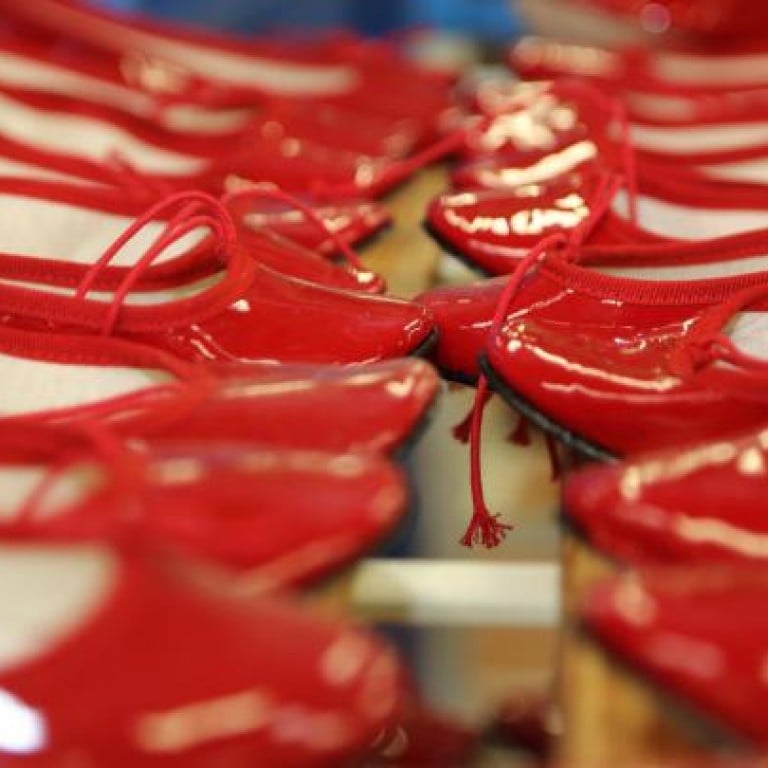Walk this way

Repetto's delicate ballet slipper is taking the world by storm. Jing Zhang meets the man behind the global expansion of the French brand

The ultra-light ballet shoe that Repetto is known for has been taking the world by storm over the past few years under Gaucher's leadership. And to cope with this success, the company will officially inaugurate an extension to the factory next month and bring in an extra 150 employees.
Founded in 1947 by Rose Repetto at the behest of her dancer son, Roland Petit, Repetto has become synonymous with ballet and dance. It made its first street shoe when actress Brigitte Bardot famously requested a pair that would be as comfortable and light as her Repetto dance shoes.
Six decades on, Repetto is experiencing a renaissance with the rainbow-coloured selection of ballet flats (like the iconic BB named after Bardot) and ever-expanding styles that include men's footwear and some clothing. For instance, there's La Garde-Robe de Repetto, an 18-piece ready-to-wear line by Rodier designer Emilie Luc-Duc, which released its first look recently.
More fashion-forward designs and colours have been added, but Gaucher is keen to keep it "authentic". Repetto's world is still one "legitimately linked" to dance.
In the 1950s and '60s, its following included celebrities Bardot and Serge Gainsbourg, who reportedly only ever wore Repetto lace-up men's shoes for years. Now the likes of model Kate Moss, and actresses Sarah Jessica Parker and Reese Witherspoon don the elegant flats. Even Hillary Clinton is a fan.
But the story of Repetto was not always so rosy. The unique construction of this dance-inspired footwear was almost lost, Gaucher says, when he first acquired the company in 1999.
In the late 1980s and 1990s, after Rose Repetto's death, it fell out of favour with the stylish set and was only popular with older people. The company became mired in debt.
Poor sales figures were probably what persuaded the bank holding its debts to sell to him, Gaucher says.
A former Reebok distributor in France, he insisted on retaining Repetto's labour-intensive "stitch and return" process. It is now a source of great pride, with Gaucher opening a Repetto training school dedicated to craftsmanship and leatherwork.